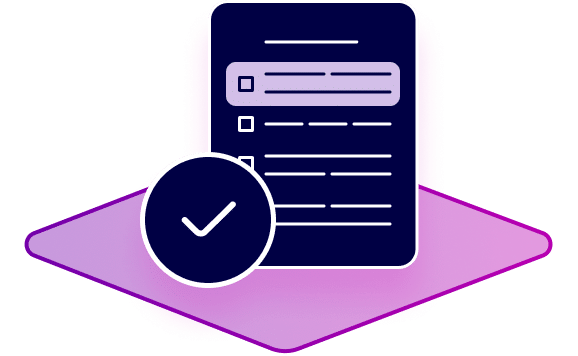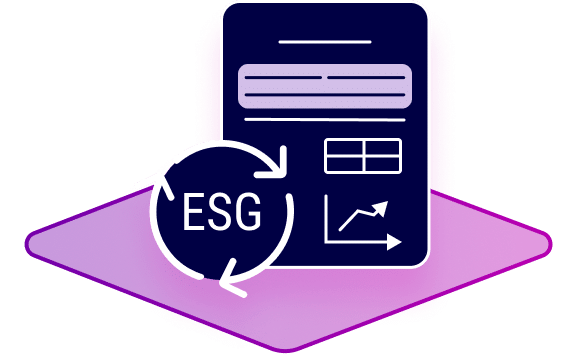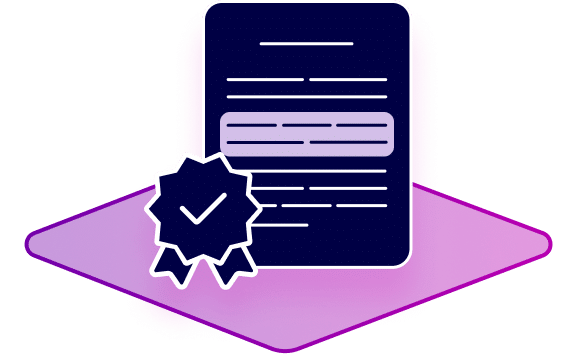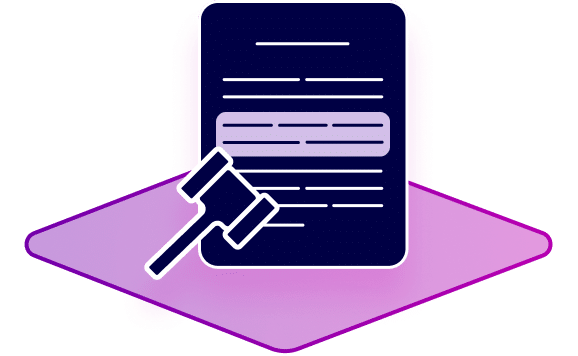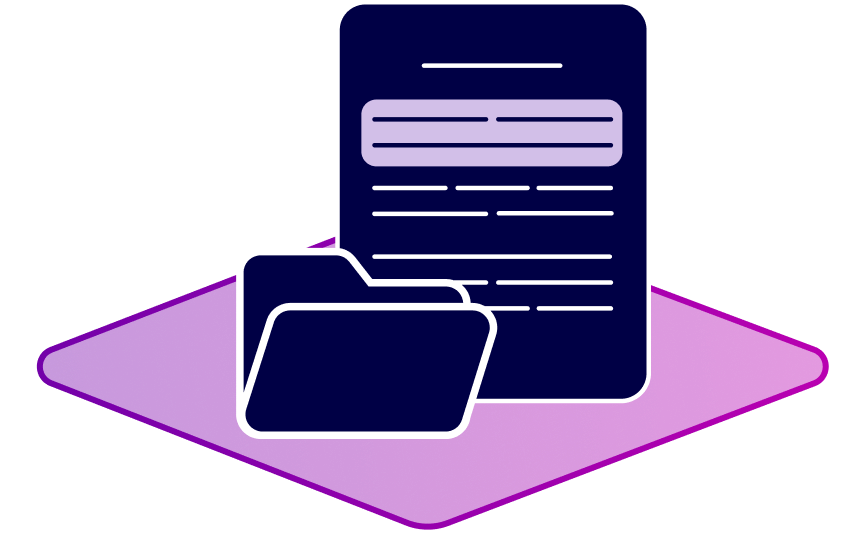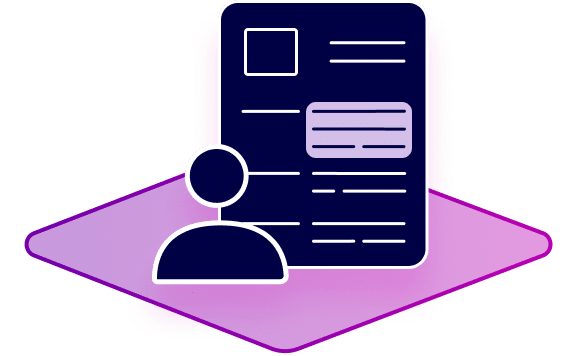Check interest rate change clauses in savings contracts with artificial intelligence
“Interest rate change clauses which grant the credit institution an unlimited power to change the interest rate in the case of long-term savings contracts are invalid.”
– Judgment from the German Federal Court of Justice of 17 February 2004 – XI ZR 140/03
The artificial intelligence semantha supports German banks in checking existing savings contracts for invalid interest rate change clauses in order to be able to calculate and form appropriate provisions.
In our blog post „Interest rate adjustment clauses: With artificial intelligence, banks quickly gain clarity on their contractual situation“ you will find a detailed explanation.

Legal clarity made simple
With Germany’s Federal Court of Justice’s ruling on premium savings contracts, banks and customers gained legal certainty, but banks are now faced with an enormous additional workload. Heidelberger Volksbank would have had to check a large amount of contracts manually and within a very short period of time to avoid lawsuits.
semantha helps precisely determine necessary provisions and thus realistically present the risk in the balance sheet. All this in a fraction of the time.

Determine provisions more precisely

Save time
“The previous time-consuming review of our contracts and their documentation required 20 working days. The AI-based solution completed the same work in 2 hours. This resulted in a 98.75% reduction in the resources required for this – sensational!”
We can help here, too:
Legal and Compliance Checks
Optimize Retail Banking
Corporate Intelligence
Explore specific use cases for your industry
Sounds good?
Get in touch.
To unlock the function Contact Form, you must click on the button. By doing so, you agree to load content from external servers. For more information, check out our Privacy notice
If you do not wish to do this, please write to us and we will arrange an appointment with you by e-mail: contact@semantha.de




